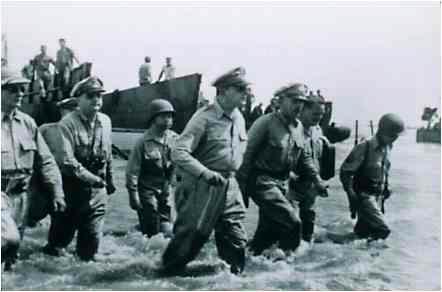
I have noticed, that when participating in group activities, I often reflect or mirror the emotional state of the group in my own body. I have also seen when I am in a group that is interacting with another group, our group can take on the emotions of that other group.
Studies about these mirroring neurons show that our brains are actually capable of mirroring complex emotional states in others. These mirror neurons will activate physical responses in us that are often the precursors of emotions within us. If we are caught unaware, these physical changes create the same emotional state within ourselves that we saw in another, thus creating the mirror.
I should note that the psychology & biology communities are in debate about of the true science here… but it makes sense to me; like why visualization is so effective when learning a new skill or mastering a sport.
As an experiment, next time you feel an emotional shift (like being tired, upset, sad or happy) do a quick gauge of the emotional state of the people around you and see if this shift isn’t an emotional contagion impacting you from the group. Or worse, is it your emotional shift causing the same reflection to others.
Back to leadership…
So, when a leader takes on an emotional or physical state, his group or team will often mirror and reflect that energy. So a leader has a great responsibility to provide safe space for the group to work. I can just imagine General MacArthur strongly leading his troops into battle at Inchon (see picture above) and how that committed state provided reassurance and comfort to the landing troops.
But, if the leader lets his emotions get away from him, it can quickly spread throughout the team and then, potentially, to other groups. For example, a leader’s anger about an issue spreads to the group; which then engages the next group, causing some type of physical or emotional brawl.
However, a conscious leader can use this mirroring to judge the emotional state of his team by examining his emotions and feelings while interacting with it. I am most often aware of this when I see my group acting in confusion. The mirror of confusion is then typically a reflection of the project or activity we are working on.
Through this awareness, the leader can modify the emotional state of the group by modifying his own emotional state and then transmitting it with intention. In the same example, a leader feeling confusion can stop the group, ask clarifying questions, set a new plan of action and eliminate the members disorientation, creating harmony and comfort.
Finally, as a side note, I have seen this phenomenon happen in many military units. We always say the personality of the unit or squadron is reflective of the personally of its commander; or how a pet often reflects the personality of its owner.
In summary, physical and emotional mirroring is real. Being a leader, we need to use awareness of our emotional states as data to determine the state of our group. When the group engages in inappropriate emotional activity, a leader should sense those changes within himself, and then use the appropriate interventions to reorient the group back toward the mission.
With blessings – Pierre

